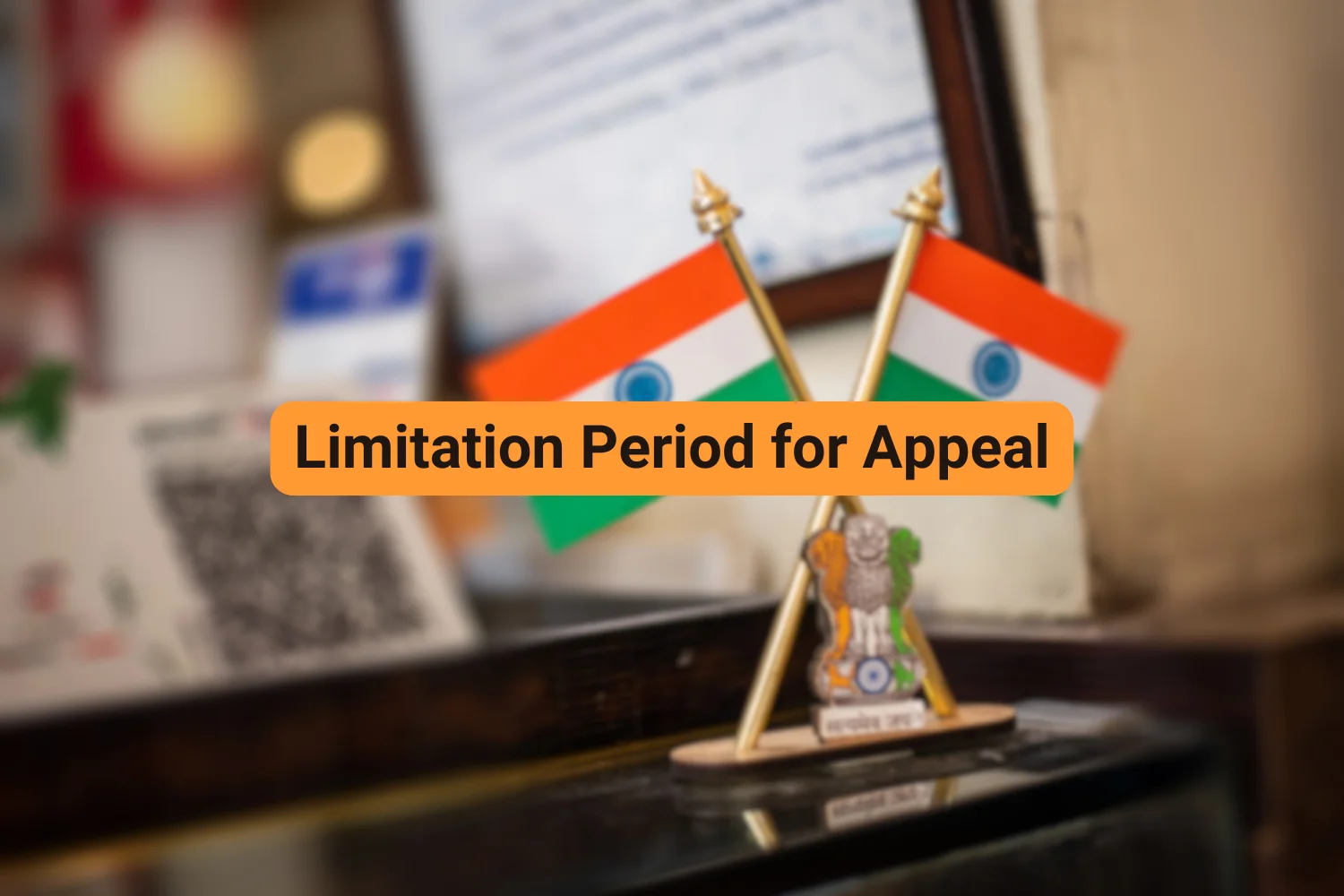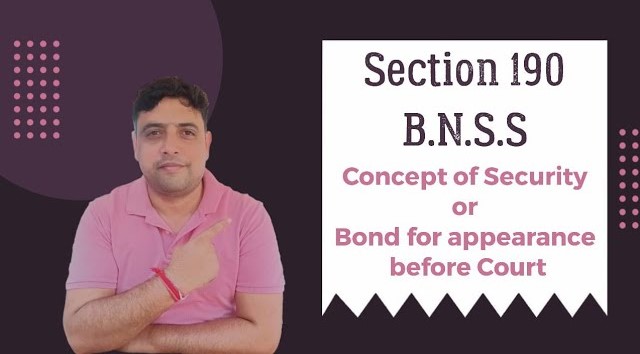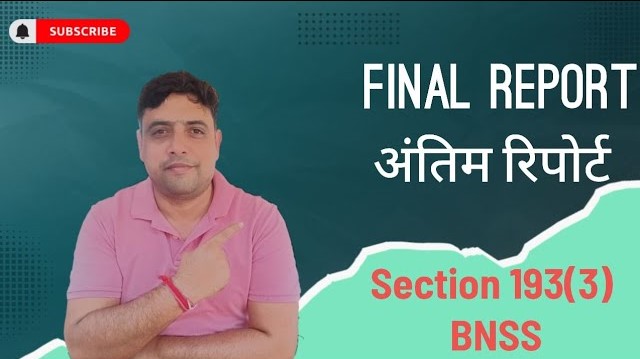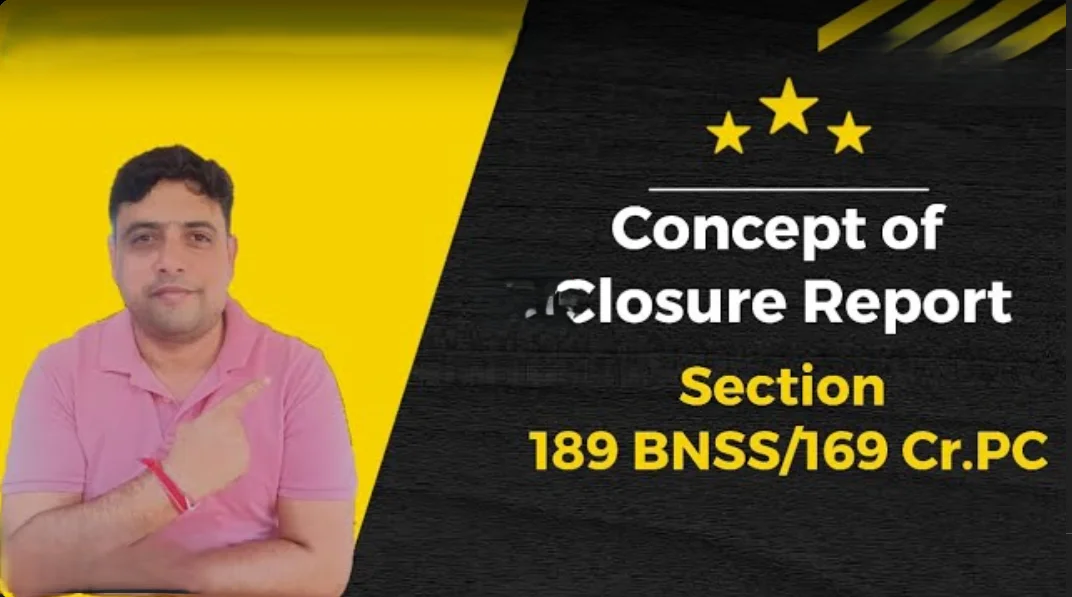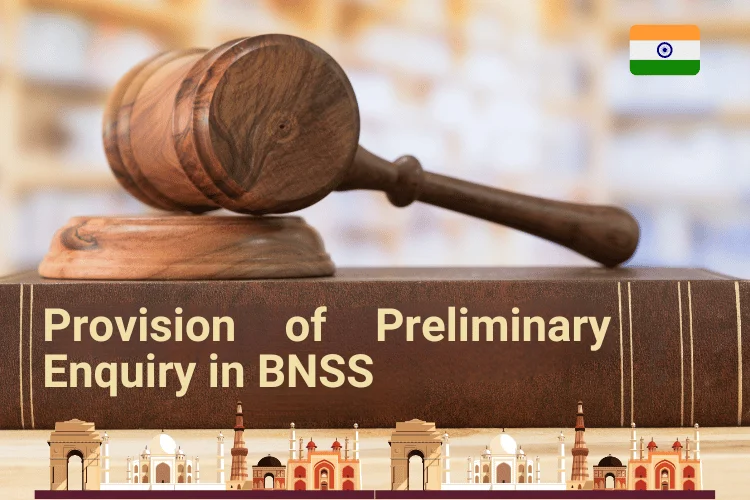Execution of sentences Provisions under Criminal Procedure Code
Under the Indian Constitution, 1950, Article 72 and Article 161 empower the Governor and the President to grant pardon, suspend, remit or commute the sentence. Meanwhile in the Criminal Procedural Code, 1973, there is a whole Chapter XXXII dedicated to the suspension, remission and commutation of sentence. The power to remit, suspend or commutate a sentence is exercised by the head of the state. The executive can show mercy on the convict by way of remission, suspension or commutation etc.
The basic purpose of the suspension, remission, commutation and other forms of showing mercy, is to take into consideration certain aspects of the case which do not arise during the proceedings in the court of law.
Execution of sentence means to impose the sentence on the person whom it is directed. As suspension, remission, commutation deal with altering the sentence or replacing it with some other punishment in some or the other form by either imposing a stay or reducing the sentence or replacing it with some other punishment, execution is actually too different from these concepts.
In execution the sentence carried off into effect as it has been directed by the court without altering the form of sentence.
Provisions regarding execution of Death Sentence, Imprisonment and levy of fine has been given under Section 413-431 of Criminal Procedure Code. Also there are some general provision which applies on all three kinds of sentences and has been enumerated under section 427-431 of criminal Procedure Code.
Under Section 366 of the CrPC, 1973, a Session Judge cannot execute a death sentence without the confirmation of the High Court, till that time the convict has to be in jail custody.
The High Court, Under Section 368 of the CrPC, look into the case. The High Court can:
- Confirm the sentence given by the Session Court.
- Annul the conviction and convict the accused of the same charges as that of the Session Court or may order for fresh proceedings on the same or altered charges.
- May acquit the person, as the time for the appeal has not lapsed yet or the appeal has been disposed of.
So according to section 413 In a case submitted to the High Court for the confirmation of a sentence of death, the Session court shall implement the confirmation or other order of the High Court on receipt. This may be done by issuing a warrant or by such other steps. Thus, this section contemplates that the Court of Session shall execute the order of the High Court passed in confirmation. Only those orders in which death penalty is given by The Session Judge needs to be forwarded to the High Court for confirmation under section 366.
Under Section 414 of the CrPC, if the High Court, passes the order of death sentence in appeal or revision, the Session Court has to carry on the order by issuing a warrant.
Death sentence shall be postponed in following two circumstances:
- Postponement of execution of death sentence in case of Appeal to Supreme Court :Sec. 415 provides that When a person is sentenced to death, the execution of sentence is postponed in following circumstances:
- When appeal lies to Supreme Court under Article 134 of Constitution of India, the execution is postponed till the appeal is disposed of or till the expiry of period of preferring appeal.
- When High Court is satisfied that the person intends to present a Special Leave Petition under article 136 of Indian Constitution, then it may postpone for such period as will be sufficient for him to present such appeal.
- When the person sentenced makes an application for grant of certificate under Article 132 or 134, then till such application is disposed of by High Court or period for preferring appeal on such certificate has elapsed.
- Postponement in case of Pregnant woman
Section 416 provides for the High Court to postpone execution of the sentence and also to commute the sentence to imprisonment for life in case a woman accused to death is found to be pregnant.
Except where any other law otherwise provides, the State Government may direct in what place any person who is liable to be imprisoned or committed to custody under the Code is to be confined. If any such person is in a civil jail, the Court/Magistrate ordering the imprisonment or committal may direct that the person be removed in a criminal jail; he shall, on being released therefrom, be sent back to the civil jail unless
- 3 years have elapsed since he was removed to the criminal jail, or
- that he is entitled to be released under the Civil Procedure Code (Sec. 58) [Sec. 417].
Section 418 of the Code in particular deals with execution of sentence of
- empowers and obliges the court passing the sentence to forthwith forward a warrant to the jail or other place in which the convict is to be confined.
- where the accused is not present in the court when sentence of imprisonment as is mentioned in sub-section (1) is pronounced, the court is required to issue a warrant for his arrest for the purpose of forwarding him to jail or other place in which he is to be confined and in such cases the sentence shall commence on the date of his arrest.
Thus, upon conviction of an accused and sentence of imprisonment awarded to him, the Court concerned is expected to commit him to jail in terms of a warrant (Conviction warrant) that would authorise his confinement for the period he is to undergo such imprisonment.
Section 419: Direction of warrant for execution.-Every warrant for the execution of a sentence of imprisonment shall be directed to the officer in charge of the jail or other place in which the prisoner is, or is to be, confined.
The warrant for the purpose of execution of sentence of imprisonment shall be directed to the officer in charge of the jail where the prisoner is to be confined.
Section 420: Warrant with whom to be lodged.-When the prisoner is to be confined in a jail, the warrant shall be lodged with the Jailer.
- When the court sentences to levy the fine on the offender, it can recover it through either or both of these methods.
- Issue of warrant for the levy of amount through the attachment of the movable property of the offender.
- Issue of a warrant to the district collector and order him to collect it as an arrear of land revenue accruing from a movable or immovable property or both.
The collector, in this case, shall collect the arrears of revenue as per the prevailing laws with respect to the collection of revenue in the country. The warrant here will only serve the purpose of a certificate.
- It is important to note that in case it is mentioned that there shall be imprisonment if default of payment happens, and if the offender has already served the default sentence, then no court shall issue such warrant, unless there are some special circumstances which have to be recorded in writing, or if there is an order for the payment of compensation of fine that arose as per the provisions of Section 357.
- The state government can make rules in regards to how the execution of the recovery of the fines would take place and the summary claims made by a person other than the offender himself would be considered accordingly.
- No such warrant shall be executed by the arrest or detention of the person in the prison.
The court shall order the attachment of property for the recovery of fines within the local limits of its jurisdiction; however, it could order such attachment outside its jurisdiction too if it is endorsed by the District Magistrate of the area in which the property to be attached is present.
-
- If the offender has been sentenced to pay the fine in the territory where this code does not apply, then the court would issue a warrant to the District Collector of the area where the code applies and order him to collect the fine by way of arrears of revenue.
- This warrant shall be treated as if it is issued under Section 421 of the Code and all the conditions would apply accordingly.
- The order that the fine shall be made in full within 30 days of such order or in instalments in which the first instalments shall be made within 30 days of such order and the next instalments within the intervals of not more than 30 days.
- The court may order the suspension of imprisonment order, if the offender gives a bond with sureties or not, depending upon the court, for the payment of the fine in full or in instalments.
- If the offender fails to furnish the fine at the latest date on which such instalments has to be made, then the court shall order the execution of the imprisonment order.
This shall also apply in the case where the order for the payment of money has been made for the non- recovery of which imprisonment may be made. And if the person fails to furnish a bond for the payment of the fine, the court may order the execution of the imprisonment immediately.
Under Section 425, every warrant which is issued for execution is to be given by the Magistrate or the Judge or Magistrate who passed the sentence or by their successor in charge.
- If a sentence of death, life imprisonment or fine is passed under the provisions of this code, on an escaped convict, then the execution of such sentence should take effect immediately.
- When the sentence for a term is passed on the escaped convict then:
- When this sentence is more severe than the previous sentence from which the convict escaped, then the sentence shall take place immediately.
- If the present sentence is less severe than the sentence from which the convict escape then the accused has to serve the term which is remaining of the sentence he escaped from.
- The sentence of rigorous imprisonment will be more severe than a sentence of simple imprisonment.
If a person has been previously convicted for a sentence and then is subsequently convicted for another, then the person has to serve his former punishment first and then will serve the punishment sentenced later.
- Where previously undergoing sentence of imprisonment and subsequently sentenced to further imprisonment or imprisonment for life, in such a case the subsequent sentence will commence after the previous sentence has expired.
- Where previously undergoing sentence of imprisonment for life and subsequently sentenced to imprisonment for life or for a term, then subsequent sentence will run concurrently.
Normal rule under section 427 (2) is consecutive. However , if the life sentence or lesser sentence is awarded to a person who is already undergoing life sentence , then the subsequent sentence , be it life or lesser , shall run concurrently with the earlier life sentence.
Case Law
Rajan vs State of Tamil Nadu 2019 SC
In this case the principles can be summarized as under:
- Sentence awarded by a court for several sentences shall run consecutively unless the court directs otherwise.
- Where the sentence relates to imprisonment for life, it must run concurrently.
- If more than one life sentences are awarded to the prisoner, the same would get superimposed over each other.
- In case the prisoner is granted the benefit of any remission or commutation, the benefit of such remission would not ipso facto extend to the other.
Pre-conviction detention during investigation, inquiry or trial shall be set off against the term imprisonment. The period already remained in jail will be reduced from the final sentence. However, this will not be applicable in case of imprisonment in default of fine.
It is manifest that 'the period of detention' contemplated in Section 428 is clearly and unambiguously in respect of the case in which he is finally convicted and sentenced to imprisonment.
The expressions 'same case' and such conviction' occurring in the section bring out the intention of the parliament very clearly. The period of the detention, in order to come within the scope of Section 428, should be during the investigation, inquiry or trial of the same case and before the date of such conviction, that is to say, conviction in the case in connection with which he has been detained during investigation, inquiry or trial. Though the word "detention" is of wider amplitude, there cannot be any doubt that it is used in section 428 only with reference to the detention in connection with the case in which he is finally convicted. If the detention of the person or his imprisonment is in connection with some other case or charge, or for that matter under the maintenance of internal security act it does not come within the purview of section 428.
Case Laws
Jayanti Dharma Teja vs State of A.P. 1975
The principle of section 428 CrPC applies to pre - conviction detention of the accused in foreign jails if the detention was in respect of the case in which he is ultimately convicted and sentenced.
Govt. of Andhra Pradesh and another etc. v. Anne Venkateswara Rao,
It was observed that section 428 speaks of the 'period of detention' undergone by an accused person, but it expressly says that the detention mentioned refers to the detention during the investigation, enquiry or trial of the case in which the accused person has been convicted. The section makes it clear that the period of detention which it allows to be set off against the term of imprisonment imposed on the accused on conviction must be during the investigation, enquiry or trial in connection with the 'same case' in which he has been convicted. For this reason, detention pursuant to proceedings under the Army Act inter alia does not counts as held in the case of Ajmer Singh vs Union of India 1987 SC .
- When the sentence has been executed fully, the officer executing such a sentence will have to return the warrant to the court which has issued it.
- The warrant that is returned has to be undersigned by the respective officer.
- The method of execution of the sentence must also be specified by the officer in charge
In conclusion, the process of execution of sentences under the Indian legal framework encompasses various aspects, from the execution of death sentences to imprisonment and fines. The provisions outlined in the Indian Constitution and the Criminal Procedure Code delineate the powers vested in the judiciary and the executive to carry out sentences, ensuring justice.
The execution of death sentences involves careful consideration by both the Session Court and the High Court, with provisions for confirmation, annulment, or commutation of sentences. Postponement of execution is granted in specific circumstances, such as pending appeals or in cases involving pregnant women.
Imprisonment sentences are executed with precision, ensuring that warrants are promptly issued and forwarded to the appropriate authorities for confinement. The Code mandates the attachment of property for fine recovery and allows for suspension of imprisonment in cases of default payment, with clear procedures outlined for both.
General provisions cover a range of scenarios, including sentences on escaped convicts, consecutive or concurrent sentencing, and the offsetting of pre-conviction detention against the final sentence. These provisions ensure that justice is served efficiently and fairly while upholding the rights of the accused.
Overall, the execution of sentences in India is governed by a robust legal framework that balances the principles of justice, mercy, and procedural fairness. Through these mechanisms, the law seeks to uphold the rule of law and protect the rights of all individuals involved in the criminal justice system.







